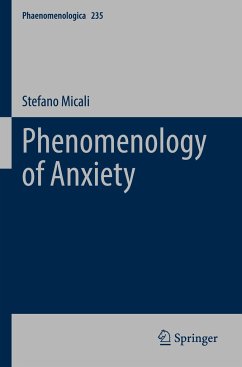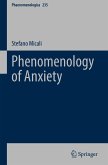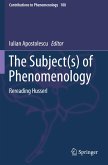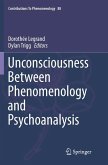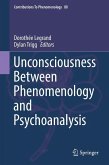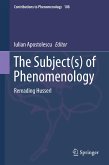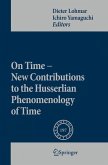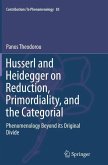This volume offers a thorough description of anxiety from a phenomenological perspective. Building on Bakhtin's insights, the author develops the method of "phenomenological polyphony," which can do justice to the essential ambiguity of anxiety. In this polyphony, the voices of Kierkegaard, Husserl, Freud, Blumenberg, Heidegger, Sartre, Adorno, Derrida and Levinas are particularly recognizable. The book explores new perspectives on the complex relation between anxiety, fear, and trauma with reference to different disciplines, from art history to cultural anthropology, from psychopathology to theology, from literature to political philosophy.
When is anxiety justified? When does anxiety cease to function as an effective and reasonable signal preventing imminent threats, and when does it become an invasive projection of our own ghosts? This volume presents a deep philosophical inquiry into the affective phenomenon that can both protect us from danger and be a danger in itself.
Moreover, the author explores the relevance of anxiety in the context of philosophical anthropology. In various theoretical frameworks, the difference between anxiety and fear serves as a criterion for distinguishing human beings from animals in particular. Accordingly, research on anxiety is crucial for defining human nature as such.
The analysis presented in this volume shows how an alteration of the dimensions of embodiment, time-consciousness, and phantasy takes place in anxiety. Furthermore, the author elaborates on new categories for understanding of anxiety, such as quasi-intentional imaginative anticipation, which eludes the traditional differentiation between perception and imagination. The work culminates in a phenomenological analysis of five essential traits of anxiety: 1. its quasi-intentional imaginative anticipation; 2. its negative inspiration; 3. the recurrence of bodily manifestations; 4. the interlocution with an alien power; 5. its negative teleology.
When is anxiety justified? When does anxiety cease to function as an effective and reasonable signal preventing imminent threats, and when does it become an invasive projection of our own ghosts? This volume presents a deep philosophical inquiry into the affective phenomenon that can both protect us from danger and be a danger in itself.
Moreover, the author explores the relevance of anxiety in the context of philosophical anthropology. In various theoretical frameworks, the difference between anxiety and fear serves as a criterion for distinguishing human beings from animals in particular. Accordingly, research on anxiety is crucial for defining human nature as such.
The analysis presented in this volume shows how an alteration of the dimensions of embodiment, time-consciousness, and phantasy takes place in anxiety. Furthermore, the author elaborates on new categories for understanding of anxiety, such as quasi-intentional imaginative anticipation, which eludes the traditional differentiation between perception and imagination. The work culminates in a phenomenological analysis of five essential traits of anxiety: 1. its quasi-intentional imaginative anticipation; 2. its negative inspiration; 3. the recurrence of bodily manifestations; 4. the interlocution with an alien power; 5. its negative teleology.

